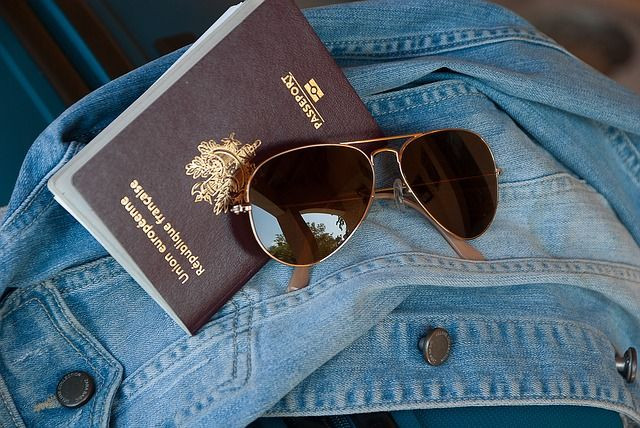Traveling More Could Make You A Cheater, Lower Your Moral Standards

A well-traveled world-citizen may seem like an interesting romantic partner, but a new study from Columbia University suggests someone with a well-stamped passport may be more likely to cheat on you than someone who likes to stay put. The reason? Researchers suggest that traveling exposes you to more sets of moral codes, some of which may not match up well with those back in your homeland.
The study, now published online in the Journal of Personality and Social Psychology, found that international travel promoted “moral flexibility,” a more loosely based moral compass. As a result, well-traveled individuals may be more likely to cheat in several aspects of their life, including their love life, Indy 100 reported.
Read: Sexual Relationships: 6 Key Signs Your Partner Is Cheating
“While foreign experiences empower people to break mental rules, they may also drive people to bend moral rules, thereby increasing their tendency to behave immorally,” the study reads.
For the research, the Columbia team asked 215 students to complete a test — one before traveling, then again six months after arriving in their destination, and again a year after. Results showed that 30 percent of the participants cheated on the first test, whereas 47.7 percent cheated on the second and third tests.
In another experiment, 171 students were split into three groups. One group was asked to write about an experience they had at home, one about an experience they had abroad, and a control group wrote about their last visit to the supermarket. Afterwards, all students took part in a test where they were given the opportunity to cheat. Once again, results showed that those who wrote about an experience abroad were more likely to cheat.
The team carried out a total of eight experiments, each having the same resounding conclusions correlating travel abroad with enhanced likeliness to cheat.
Of course, while this study suggests that individuals may be more likely to cheat if they have a worldly view, other research has shown that people, regardless of their travel experience, are more likely to cheat if they know they can get away with it. While this conclusion may not be shocking, the research found that the majority of individuals will cheat if they encounter a situation that's ambiguous enough to hide their “mistakes.” It takes a lot less than a trip around the world to askew some moral compasses.
Source: Lu J, Quoidbach J, Gino F, Chakroff A, Maddux WW, Galinsky AD.The Dark Side of Going Abroad: Broad Foreign Experiences Increase Immoral Behavior. Journal of Personality and Social Psychology. 2017
See Also:
Worst Behavior: People Are More Likely To Cheat When They Can Hide It As A 'Mistake'
'Morning Morality Effect': You Are More Likely To Lie, Steal, And Cheat In The Afternoon
Published by Medicaldaily.com



























